Union Government has banned export of Alcohol-based hand sanitizer. A notification issued by Directorate General Foreign Trade, DGFT said, the Centre has amended the notification of 24th March related to export policy of santizers with immediate effect.
In another major developement,Home Ministry has issued SOPs for movement of Indian nationals stranded outside the country and also for persons stranded in India who are desirous to travel abroad for urgent reasons.
As per the SOPs, the priority will be given for travel from abroad to compelling cases in distress, including migrant workers who have been laid off.
People faced with expiry of short term visas, those with medical emergency, pregnant women and elderly will also be given priority.
The cost of travel will be borne by travellers. Before boarding, all travelers will have to give an undertaking that they will go mandatory institutional quarantine for a minimum period of 14 days on arrival to India.
At the time of boarding the flight, all travellers will undergo thermal screening and only asymptomatic travellers will be allowed to board. The passengers will have to register on the Arogya Setu app.
During the journey, all passengers will have to follow social distancing and hygiene protocols.
On arrival in India, they will be screened and passengers found to be symptomatic will be immediately taken to medical facility.
If they test negative after 14 days, they will be allowed to go home and will undertake self-monitoring of their health for 14 more days as per protocol.
The SOPs for persons stranded in India who are desirous to travel abroad for urgent reasons say that they will have to go to thermal screening and only asymptomatic passengers will be allowed to board the flights.
They will also have to follow health protocols. The cost of travel will be borne by travellers.
Meanwhile,United Nations Secretary General Antonio Guterres today said that the Corona virus pandemic is a human crisis that is fast becoming a human rights crisis.
In a video message, the U N Chief said, there is discrimination in the delivery of public services to tackle COVID-19 and there are structural inequalities that impede access to them.
Mr Guterres said, the pandemic has also seen disproportionate effects on certain communities, the rise of hate speech, the targeting of vulnerable groups and the risks of heavy-handed security responses undermining the health response. He warned that with rising ethno-nationalism, populism, authoritarianism and a push back against human rights in some countries, the crisis can provide a pretext to adopt repressive measures for purposes unrelated to the pandemic.
Earlier, Mr Guterres issued a call to action to countries, businesses and people to help renew and revive human rights across the globe, laying out a seven-point plan amid concerns about climate change, conflict and repression.He said, governments must be transparent, responsive and accountable and stressed that press freedom, civil society organizations, the private sector and civic space are essential.

 Important India Updates from government on Corona
Important India Updates from government on Corona 




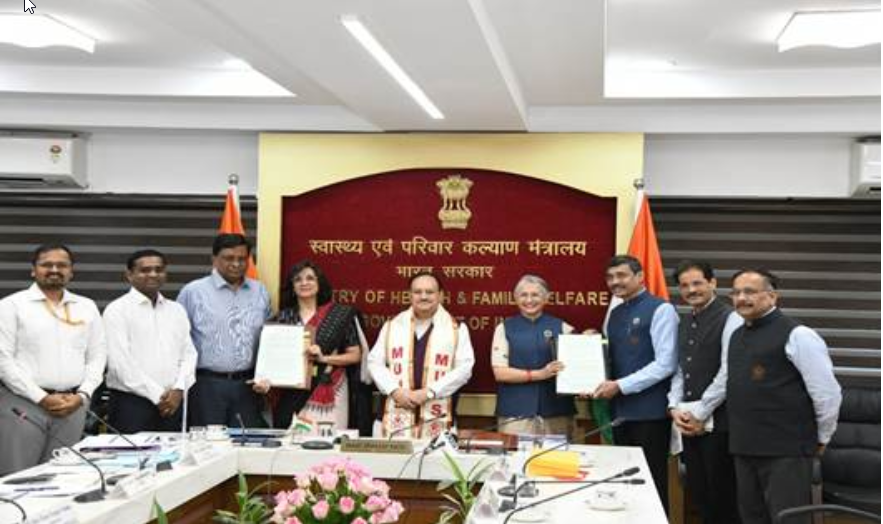
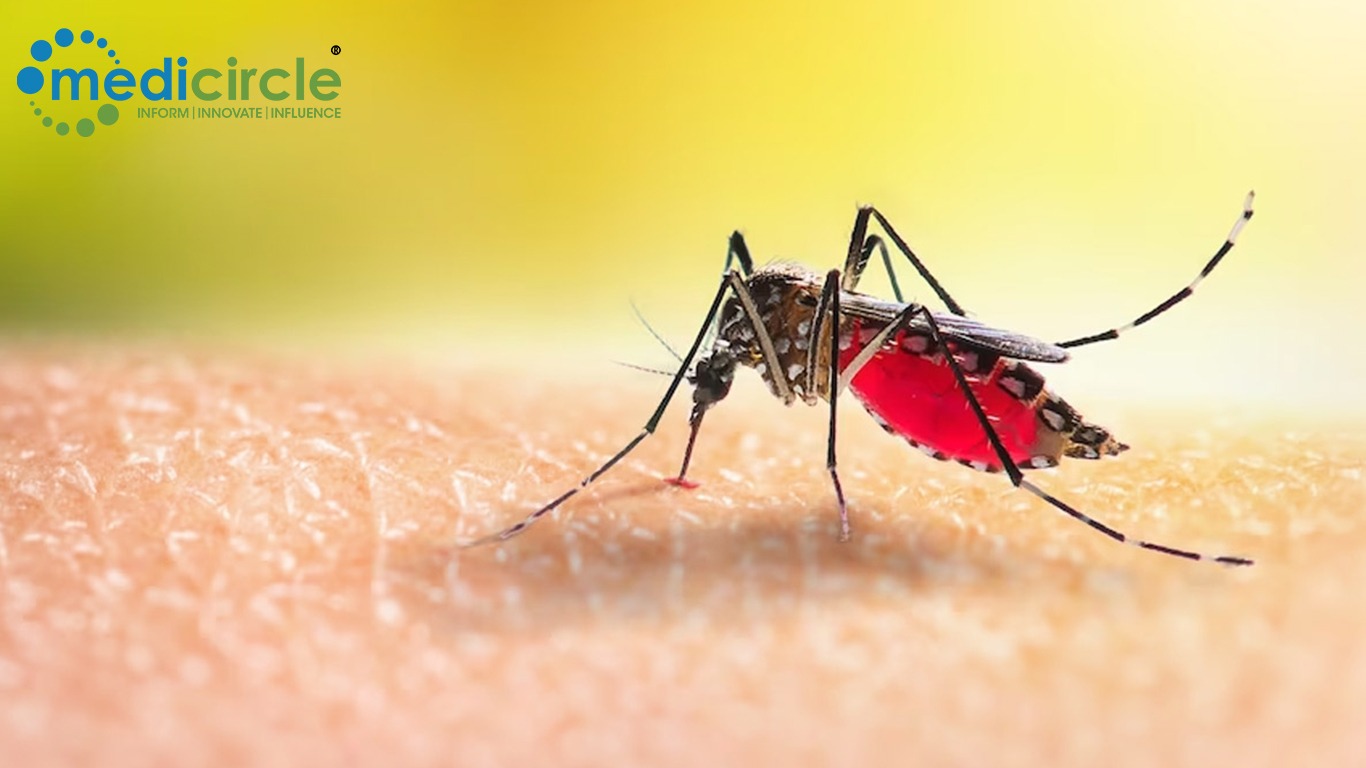



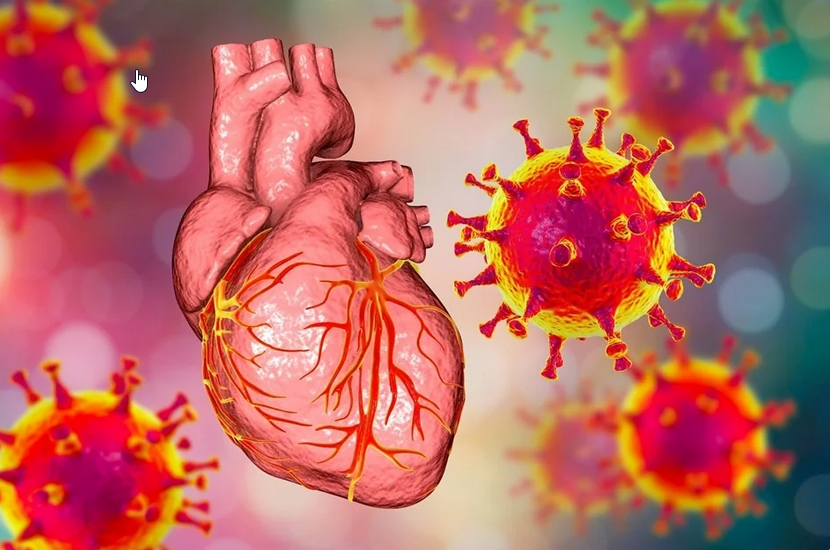
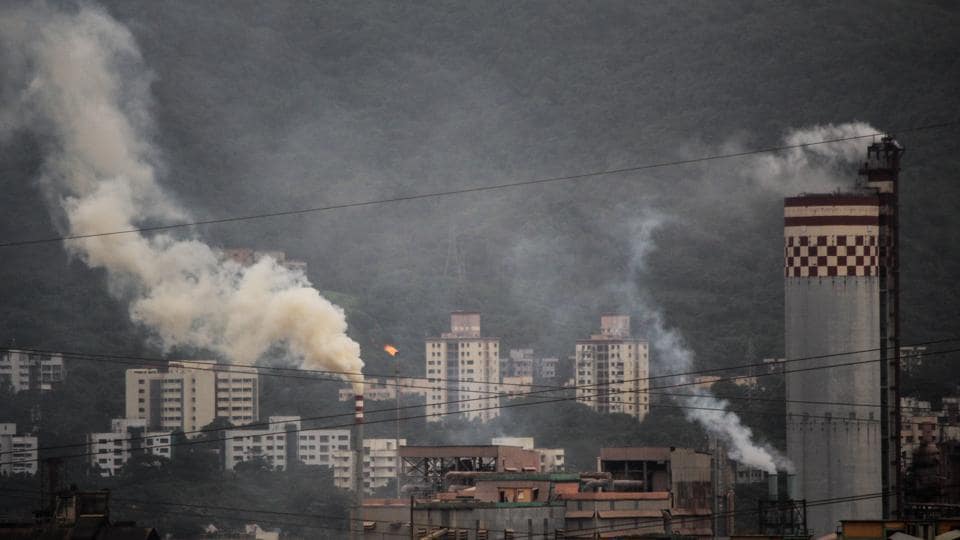

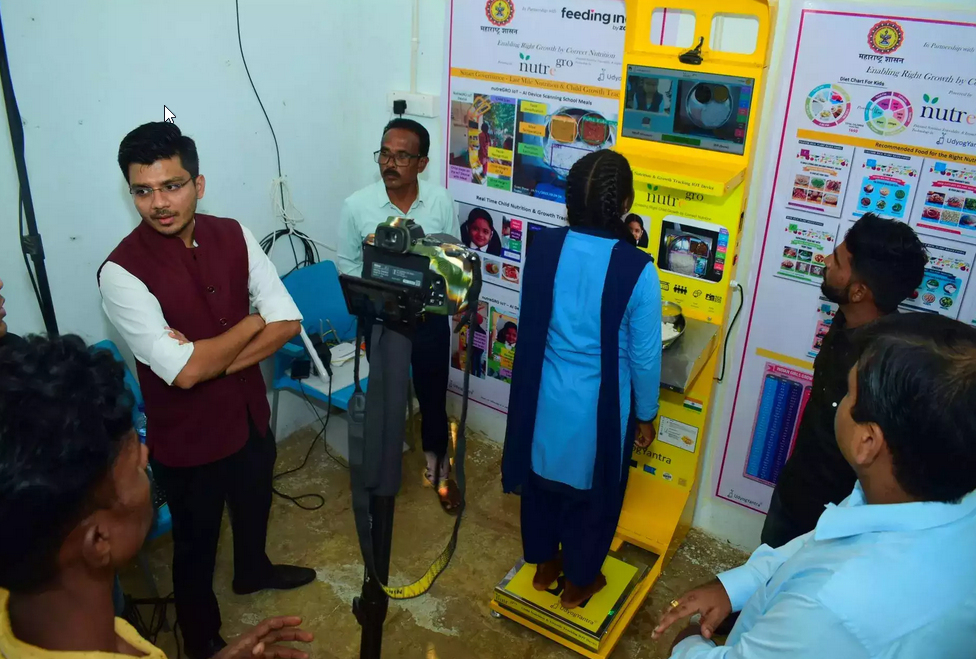
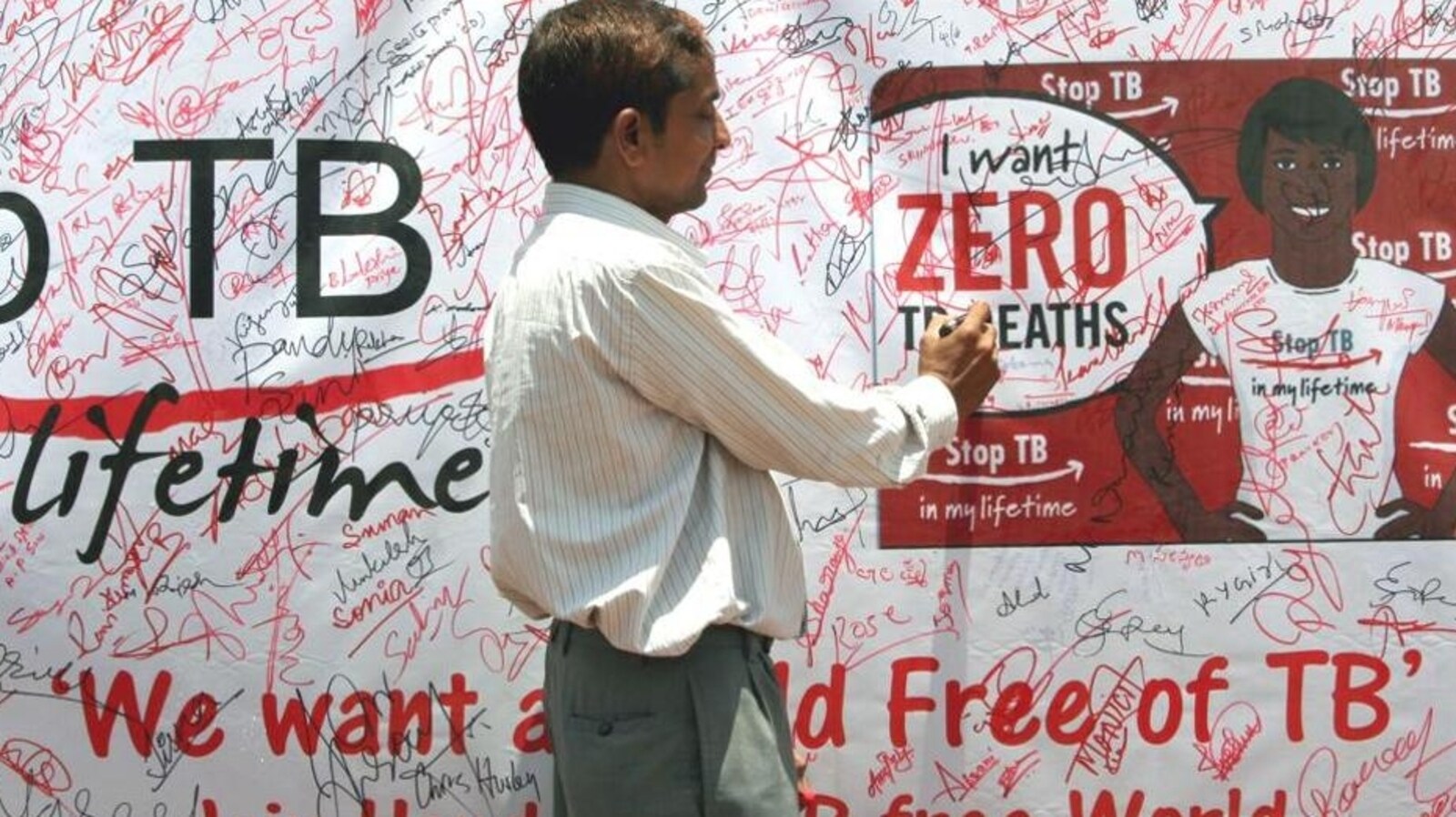





.jpeg)








.jpg)




.jpg)




